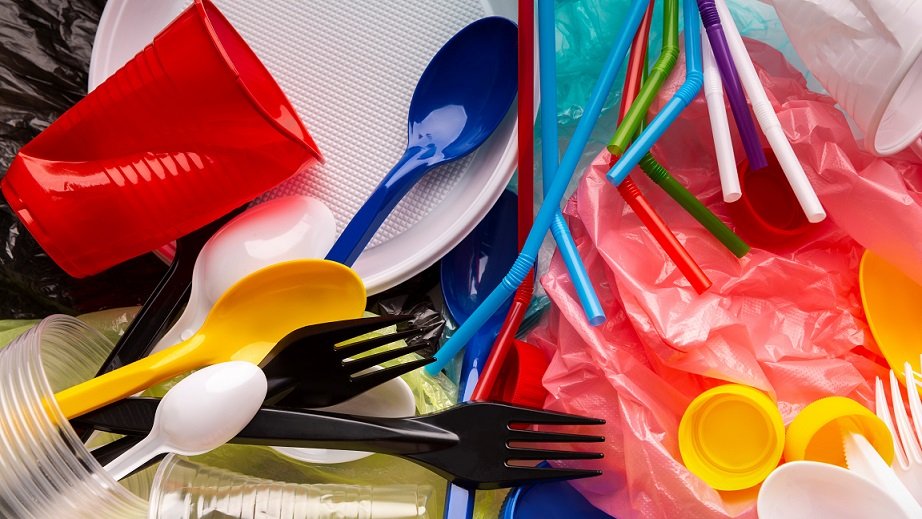NOTE:
On July 22, 2022, the Philippines enacted the Extended Producer Responsibility Act of 2022, Republic Act (RA) No. 11898, which requires enterprises (producers of products generating plastic packaging waste with total assets of P100 million or more) to develop and implement an EPR program and collect plastic packaging.
See more details in the following:
Philippines promulgates an Act introducing EPR for plastic containers and packaging
On January 31, 2022, the House of Representatives of the Philippines, in its third (and final) reading, approved a bill institutionalizing the practice of extended producer responsibility (EPR) on plastic products (House Bill No. 10696, “the Extended Producer Responsibility Bill of 2022″, hereinafter “the Bill”). This Bill amends the Republic Act (RA) No. 9003 or the Ecological Solid Waste Management Act of 2000, providing for the implementation of EPR for plastic products in Article 2 of the newly added Chapter III A. The bill will be debated in the Senate.
The Bill can be downloaded at:
https://hrep-website.s3.ap-southeast-1.amazonaws.com/legisdocs/third_18/HBT10696.pdf
Overview of the Bill
The Bill stipulates that the Department of Environment and Natural Resources (DENR) shall formulate a national EPR framework for all types of product wastes within three months of its enactment.
The Bill also requires for producers of plastic products to formulate an EPR Program to reduce the manufacture, export, supply and use of plastic products and a Recovery Program to achieve plastic neutrality. In this regard, the Bill sets out targets for recovery of plastic product footprint generated during the immediately preceding years as follows:
(A) December 31, 2023 – 20%
(B) December 31, 2024 – 40%
(C) December 31, 2025 – 60%
(D) December 31, 2026 – 70%
(E) On and after December 31, 2027 – 80%
The Bill also places an obligation on plastic product producers to submit documentation on plastic product footprint and an annual report on compliance with their respective EPR program. In addition, a plastic product producer may form a producer responsibility organization (PRO) or authorize a registered PRO to implement its own EPR program.
The plastic products covered under the Bill are: “bags, containers, food service necessities, packaging, and promotional materials, or any other non-healthcare products using synthetic polymers as a major component, or as one of the laminates or layers thereof, utilized to carry or protect goods for transportation, distribution, and sale, or to promote these products or services, and are designed to be discarded after their use” and specifically include:
-
- Single-or multi-layered sachets, labels, and other flexible plastic packaging products;
- Rigid plastic packaging products such as beverage, food, household, personal care and cosmetic products, including their coverings, caps and lids;
- Plastic bags;
- Plastic products used for goods sold in business-to-business transactions;
- Polystyrene; and
- Multilayer plastic packaging materials.
Senator Camille Villar, one of the authors of the Bill, said that amid the COVID-19 pandemic, consumers were generating an increased amount of disposable packaging and plastics by purchasing goods online, and there was an urgent need to pass a bill on responsibility for packaging materials and another one on product stewardship. He also said the Philippines was the third-most polluting country after China and Indonesia in terms of marine plastic wastes, producing about 2.7 million tons of plastic waste every year.
The Senetor said the Bill aimed to improve producer responsibility in the design, recovery, reuse, recycling and disposal of products and packaging, granting some tax incentives to companies that implement EPR schemes.
A news on this issue from the Philippine News Agency, a state-run media, can be viewed at:
https://www.pna.gov.ph/articles/1165987
 Philippine’s House approves EPR bill on plastic products
Philippine’s House approves EPR bill on plastic products 

























